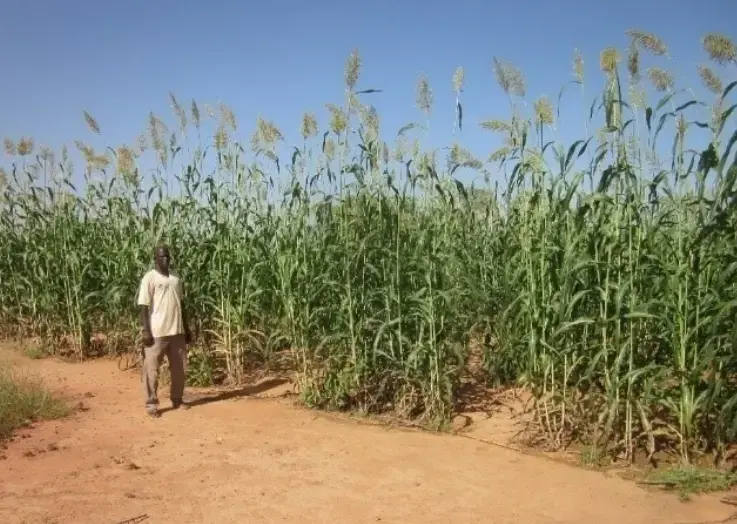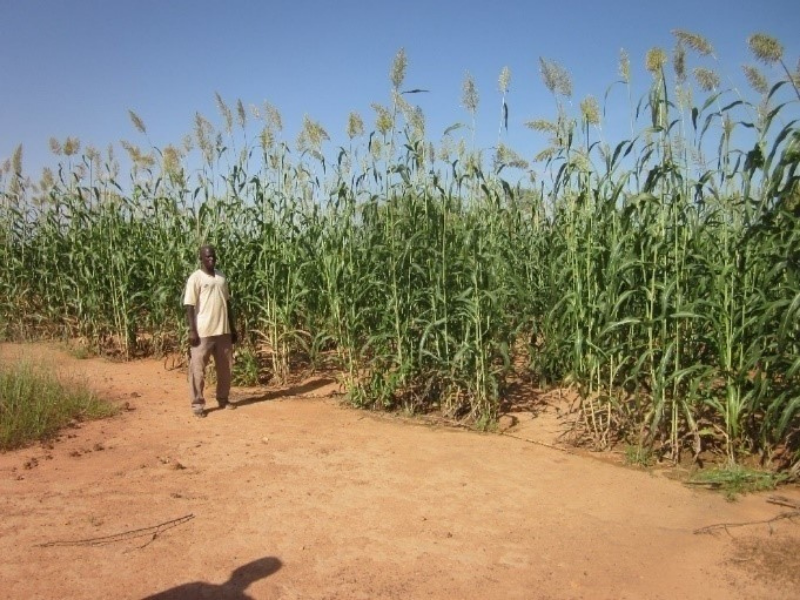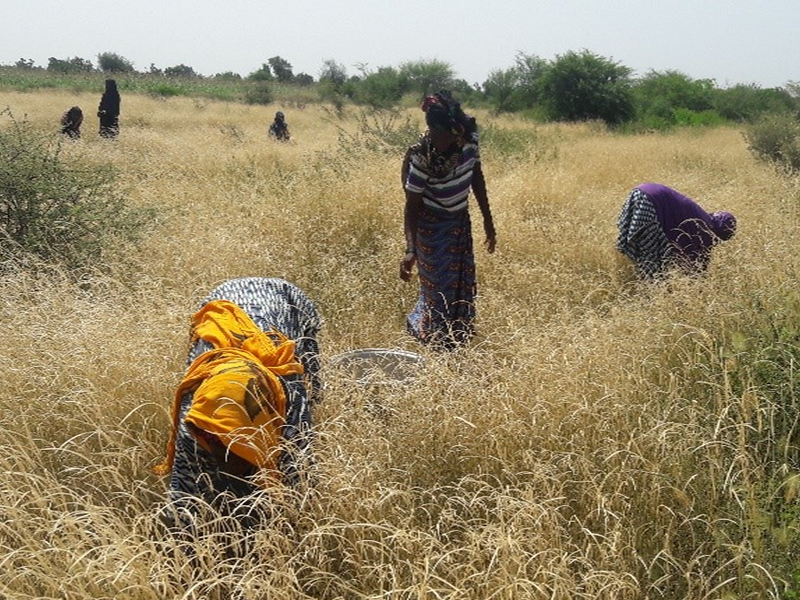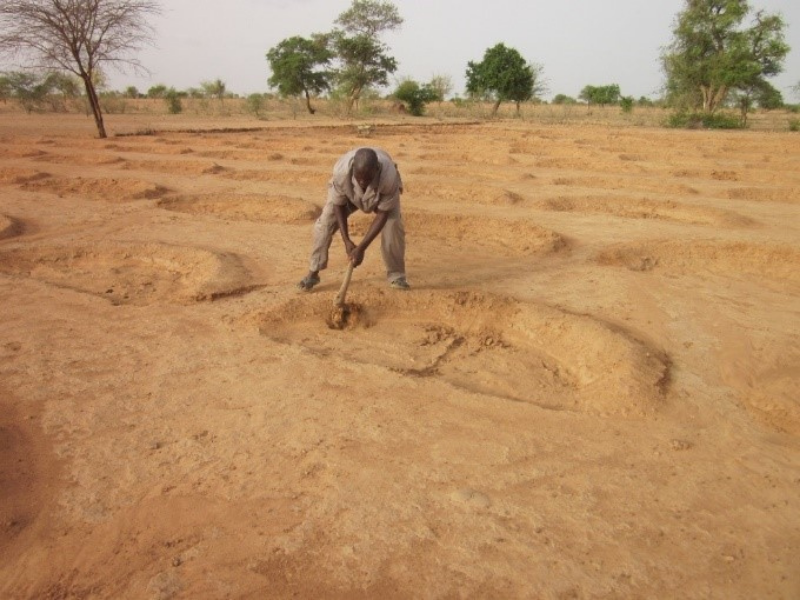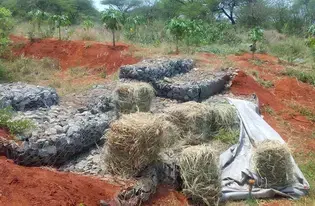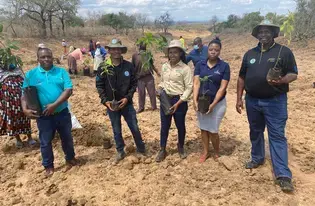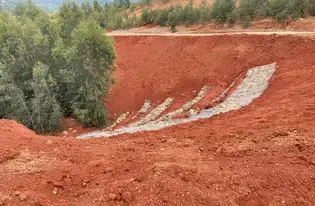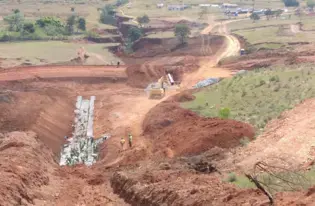The Sahel has lost millions of hectares of fertile farming land to the desert, harming the food supplies and threatening the incomes of millions of people. As climate change makes droughts longer and rains even more erratic, the situation is becoming more dire every day. The region, especially Mali, has experienced decades-long tension between farmers and herders. Farmers accuse herders of letting their cattle graze in their crops, and herders defend their right to pass through the land. “Herders who bring animals and cut trees bring conflict among farmers, and this is a major problem in our areas,” explains Pierre Dembele, the executive secretary of Sahel Eco.
To meet that threat head-on, this local organization is harnessing the power of natural regeneration to revitalize the Sahel. With the help of communities, Sahel Eco believes that their work can turn the soil fertile and the land green. First, they bring together farmers and herders to solve conflict, and then they mobilize those same local people to reforest areas left barren by uncontrolled cattle grazing. “What we do first is to help the population, including both sides, and the local administration to draw up the management plan for the massifs and the lands the cause problems”, he adds.
Since it was founded in 2014, Sahel Eco has tapped into local knowledge and traditions related to the land to ensure the longevity of their work. “In our traditional society, women are not the owners of the land, but they can play essential role in restoration and reforestation if we can succeed in involving them,” he says. To support their work, Sahel Eco received a grant from TerraFund for AFR100, an initiative of World Resources Institute, One Tree Planted, and Realize Impact that finances Africa's top restoration enterprises and projects.
They are now scaling up regreening practices in the San and Tominian regions of Mali, building up their capacity of community groups, and working with more farmers to produce and grow more trees over time. “We want plant more than 200,000 trees in Mali alone and another 200,000 in Burkina Faso,” Pierre says. He commends the government of Mali for trying to carrying out reforestation campaign, despite a serious lack resources. Sahel Eco looks forward to partnering with the government to make a difference and turn the national land restoration pledge to AFR100 into reality.
